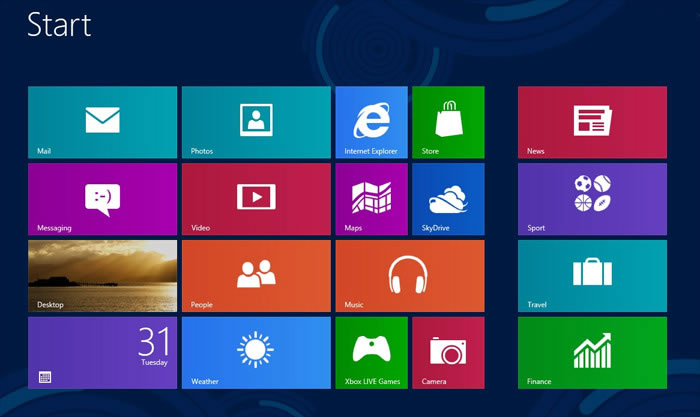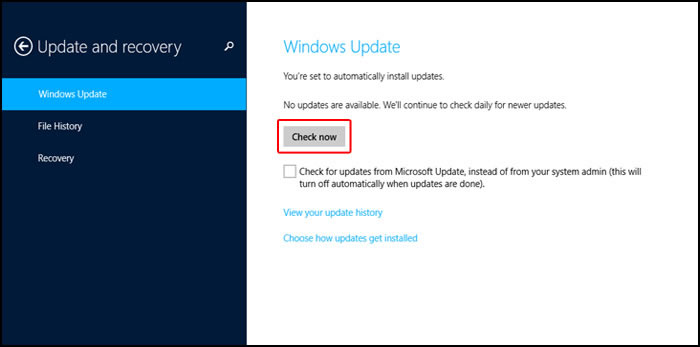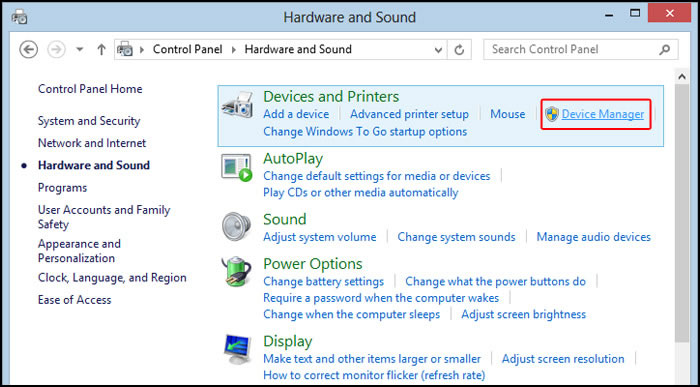Windows 8 Drivers
Windows 8 introduced a significant shift in Microsoft's operating system design. Released in 2012, it featured a new user interface optimized for touch-based devices, such as tablets and touchscreen laptops, while still maintaining support for traditional mouse and keyboard input.
While Windows 8 introduced significant changes to the user interface, the need to keep device drivers updated remained a critical aspect of system maintenance. By utilizing the built-in Windows Update feature or manually downloading drivers from this website, users can ensure optimal performance, compatibility, and stability of their Windows 8 devices. Using a driver update utility makes the process of updating drivers hassle-free.
Find All Windows 8 Device Drivers
About Windows 8
Windows 8 was intended as a unified system for both PC and tablet computing. Upgrade paths to Windows 8 were made available from Windows 7, Windows Vista and Windows XP.
Windows 8 introduced major changes to the operating system's platform and user interface in order to improve its user experience on tablets. Windows 8 notably introduced the Start Screen, a customizable launch pad for applications based on a tile oriented interface. However, Microsoft chose to remove the traditional Start menu, and the new user interface was criticized for being potentially confusing and difficult to learn, particularly on traditional desktop computers.

Windows 8 is the first Windows operating system to support multitouch gestures on touch pads.
The release of Windows 8.1 restored the traditional Start button to the desktop, added the ability to boot into the classic desktop mode instead of directly into the Start Screen, and added more customization options for the Start Screen itself.
How to Update Windows 8 Drivers
A driver is software that tells your computer how to recognize and communicate with a particular device such as a printer, graphics card or network interface card. Since there are myriad hardware manufacturers of varying sizes and origins making those kinds of hardware devices, it can sometimes be difficult and time consuming to find the correct driver and version for your specific operating system.
Usually, the Windows Update feature is the best starting point to upgrade device drivers. Users can launch it from the Start button:
Using the Start Screen
- Swipe in from the right edge of the screen, and then tap or click Settings.
- Tap or click Change PC settings.
- Tap or click Update and recovery.
- Then tap or click Windows Update.
Using the desktop interface
- Start > Settings > Update and Recovery. Then, click Check now.

Windows Update will detect and download any available driver updates for your system - but only if the manufacturer has registered their drivers with Microsoft. Unfortunately, many manufacturers, especially smaller and overseas ones, do not register their drivers through Microsoft. That means users need to find the correct drivers themselves from the manufacturer's website or a driver archive site such as DriverGuide. Then the user needs to install them manually.
Once you have found the correct driver and downloaded it to your computer, you can use the Windows 8 Device Manager install drivers manually.
Using the Start Screen
- Swipe in from the right edge of the screen, and then tap or click Search.
- Enter 'Device Manager' in the search box, and tap or click Device Manager.
- In the list of hardware categories, double-tap or double-click the category your device is in and then double-tap or double-click the device you want.
- Tap or click the Driver tab, tap or click Update Driver, and then follow the instructions.
Using the desktop interface
- Start > Control Panel > Hardware and Sound > Device Manager.
- Browse your computer for driver software, point to your driver and Windows 8 will automatically install it.
